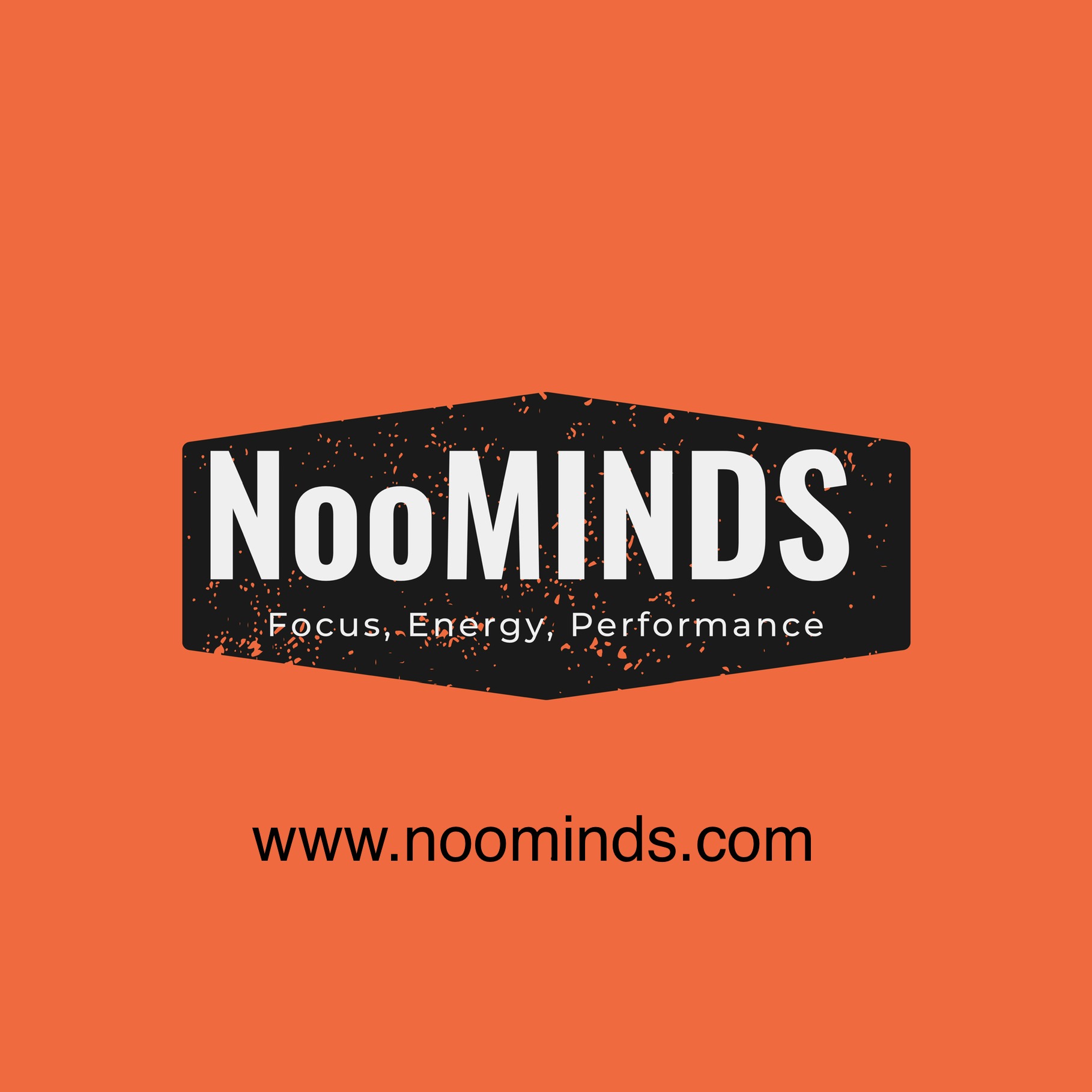How to Fuel Your Body for Long-Distance Training
- Craig Elliott
- May 29
- 4 min read
Long-distance training can be a thrilling yet demanding journey. Whether you're preparing for a marathon, triathlon, or any endurance event, the key to success lies in the proper nutrition. Fueling your body effectively can make all the difference in your performance and recovery. In this comprehensive guide, we delve into everything you need to know about endurance nutrition to ensure you are fully equipped for your training challenges.
Understanding Endurance Nutrition
Endurance nutrition is more than just eating the right foods. It's about understanding the specific needs of your body during long-duration physical activities. Proper nutrition maximizes your energy levels, enhances performance, and speeds up recovery.
During endurance activities, your body primarily uses carbohydrates for energy. Studies reveal that low carbohydrate intake can significantly hinder endurance performance. Thus, it’s vital to consume sufficient carbohydrates before, during, and after long training sessions.

It’s not only carbohydrates that matter, but also the timing of when you consume them. Pre-training meals rich in carbs should be consumed 3-4 hours before your training session. Quick snacks high in carbs, low in fiber, and moderate in fat can also be consumed 30-60 minutes before a workout.
The Role of Macronutrients in Your Diet
When planning your meals, it's essential to incorporate a balance of macronutrients—carbohydrates, proteins, and fats. Each plays a specific role in fueling your body for long-distance training.
Carbohydrates: As mentioned earlier, carbohydrates are your primary energy source. They provide glycogen to fuel your muscles. Foods such as pasta, bread, fruits, and honey are excellent carb sources. Aim for 55-65% of your total caloric intake to come from carbs.
Proteins: These are crucial for muscle repair and recovery. Consuming protein post-workout helps to rebuild damaged muscles, ensuring you are ready for your next training session. Include sources like chicken, fish, legumes, and dairy in your diet for optimal benefits.
Fats: Although your body prefers carbohydrates during endurance activities, healthy fats provide a vital source of energy, especially for long-duration events. Foods like avocados, nuts, and olive oil are great fat sources.

Hydration: An Often Overlooked Component
Hydration is a crucial aspect of endurance nutrition. Dehydration can severely affect your performance, leading to fatigue, poor concentration, and increased risk of injury. It's essential to drink water regularly and consider electrolyte drinks during intense training sessions.
A good rule of thumb is to drink around 500-700 mL of water three hours before your training session. During long-distance workouts, aim to consume 500-1000 mL of fluid per hour. Post-training, rehydrate to recover lost fluids and minerals.

Meal Plans for Long-Distance Training
Creating a meal plan specific to your training needs can streamline your nutrition. Here's a sample meal plan to consider:
Pre-Training Meal (3-4 hours before)
1 cup of oatmeal topped with banana and honey
1 slice of whole-grain toast with peanut butter
1 cup of yogurt
During Training Snack (after 1 hour of training)
Energy gels or chews
Sports drinks for hydration
Post-Training Meal (within an hour)
Grilled chicken breast with quinoa and steamed vegetables
Mixed green salad with olive oil dressing
1 banana or protein smoothie
Incorporating meals rich in carbohydrates, proteins, and healthy fats will ensure that you are sufficiently fueled throughout your training.
Listen to Your Body
Every athlete is different. It's essential to pay attention to how your body reacts to different foods and hydration practices. Some may find that certain foods cause discomfort during training; others may require different macronutrient ratios. Tailoring your nutrition to fit your personal preferences and needs can lead to better performance.
Experiment with different meals and snacks during training sessions to see what works best for you. Keeping a food journal can help you monitor how specific foods impact your energy levels, digestion, and recovery.
Long-Distance Training and Recovery Nutrition
Recovery is just as important as training. Proper nutrition after your workouts can speed up recovery, allowing you to bounce back for your next session. Aim to replenish glycogen stores and repair muscles damaged during training.
Include both protein and carbs in your post-workout meals. A ratio of 3:1 carbs to protein is generally recommended for optimal recovery. Foods such as chocolate milk or smoothies with fruit and protein powder are excellent options.
Incorporating anti-inflammatory foods such as berries, nuts, and fatty fish can also assist in reducing muscle soreness.
For athletes seeking a deeper understanding of nutrition, resources on endurance athlete nutrition can be invaluable. Learn more about how to enhance your diet by checking out endurance athlete nutrition.
Final Thoughts on Endurance Nutrition
Fueling your body for long-distance training is about more than just what you eat. It encompasses a thorough understanding of macronutrients, hydration, meal planning, and the need for recovery. Adopting a well-rounded approach to endurance nutrition can help to maximize your training results and keep your motivation high.
Take the time to experiment with various foods and strategies that work best for your body. By paying attention to how you feel and adjusting accordingly, you're sure to excel in your journey towards long-distance training success. Embrace the process and enjoy every mile!




Comments